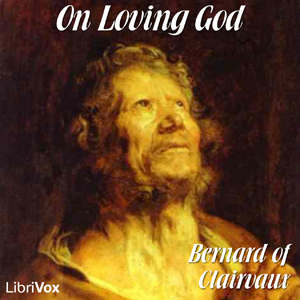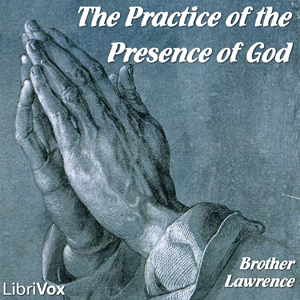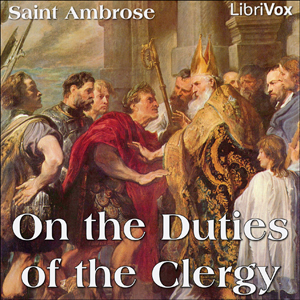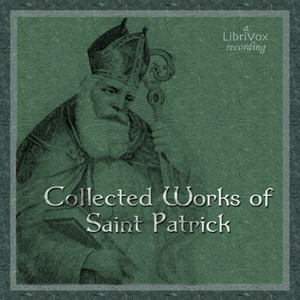- Life of Origen
- Brief Sketch of the Life of St. Patrick
- The Confessions of Patrick
- The Hymn or "Breastplate"
- The Epistle to Coroticus
- An homily of Saint John Chrysostom upon that saying of Saint Paul, "Brethern, I would not have you ignorant, what is become of those that sleep, to the end ye lament not"
- The Unjust Steward
- Address to Young Men on the Right Use of Greek Literature
- Abbot Maximus and his Disputation with Pyrrhus
- The Homily of St Gregory the Wonder-Worker, Concerning the Holy Mother of God, Ever-Virgin
- The Epigrams of Saint Gregory the Theologian
- Letter from St John Chrysostom to Innocent, Bishop of Rome
- To Innocent, Bishop of Rome, Greeting in the Lord
- To the Beloved Brother John, Innocent
- Innocent, Bishop, to Presbyters and Deacons, and to All the Clergy and People of the Church of Constantinople, the Brethren Beloved Who are Subject to the Bishop John, Greeting
- On the Dress of Virgins
- Concerning Lowliness of Mind
- On the Advantage of Patience
- Against the Heresy of One Noetus
- On Works and Alms
- A Godly Exhortation Made Unto the People of Antioch
- On the Mysteries
- A Sermon of Patience, of the End of the World, and of the Last Judgement
- Eulogy on the Holy Martyr Saint Ignatius, Bishop of Antioch
- Eulogy on the Holy Martyr Saint Babylas
- An Exposition of the Chapters of the Acts of the Apostles
- A Discourse Which Was in the Presence of Antoninus Cæsar, and He Exhorted the Said Cæsar to Acquaint Himself with God, and Showed to Him the Way of Truth
This collection begins with two biographical sketches, followed by the extant works of St. Patrick of Ireland. John Chrysostom's first homily in this collection was translated in 1544 and moves from a verse in 1 Thessalonians into the lives of Abraham and Job. Asterius of Amasea takes the occasion afforded by the parable to exhort his hearers concerning possessions and Basil suggests to students how to 'plunder the Egyptians' by drawing moral lessons from pagan poets. Maxmius the Confessor's dialogue with Pyrrhus concerns the two natures of Christ and his corresponding two wills and Gregory Thaumaturgus also deals with the incarnation. Gregory of Nazianzus gives many interesting biographical details in the tomb-inscriptions he wrote, many of which were an attempt to deter grave-robbers. The exchange between John Chrysostom and Pope Innocent I was occasioned the 'Synod of the Oak' where Theophilus of Alexandria arrived at Constantinople unexpectedly and accused and then deposed Chrysostom. Various ethical discourses follow by Cyprian of Carthage and John Chrysostom. Noetus, whom Hippolytus wrote against espoused Modalism, namely that "Christ was the Father Himself, and that the Father Himself was born, and suffered, and died". The 'Mysteries' that Ambrose discusses are called sacraments in modern terminology. Two eulogies from John Chrysostom concern martyrs from the city of Antioch, 100 years apart. Pamphilus gives an early exposition of the structure of the book of Acts, finding 40 sections. Melito apology is directed to Marcus Aurelius. - Summary by InTheDesert
There are no reviews for this eBook.
There are no comments for this eBook.
You must log in to post a comment.
Log in











